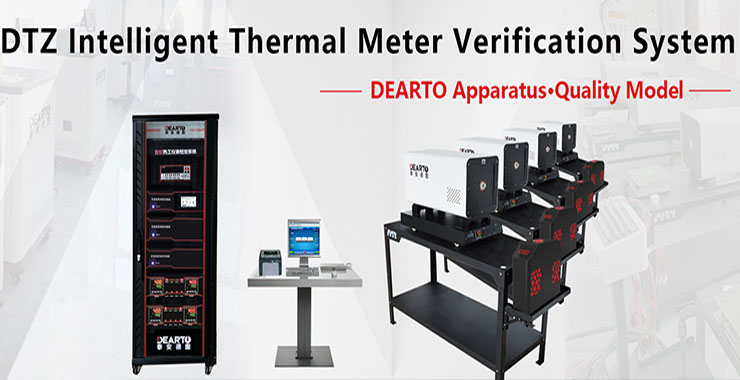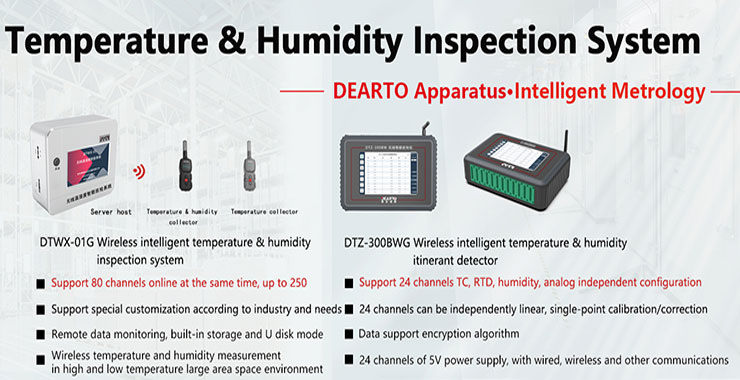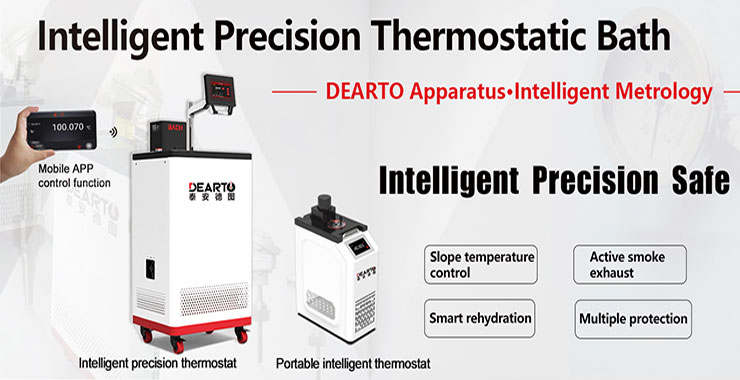1. Why the thermocouple needs cold end compensation
In temperature measurement, thermocouple is widely used. It has many advantages, such as simple structure, convenient manufacturing, wide measurement range, high precision, small inertia and easy remote transmission of output signal. In addition, because the thermocouple is a passive sensor, the measurement does not need additional power supply, the use is very convenient, so it is often used to measure the temperature of the gas or liquid in the furnace, pipe and solid surface temperature.
The output signal of the thermocouple is the voltage signal directly corresponding to the temperature, so it is very simple to use, just need to choose the matching instrument. From the principle of thermoelectric effect, the thermoelectric motive force is related to the temperature of both ends, and the separation table is given at the temperature of the cold end of 0℃. However, in actual use, the cold end is often close to the measured object, and affected by the ambient temperature, the temperature cannot be maintained by 0℃, thus resulting in measurement error. Therefore, corresponding measures must be taken to compensate or modify. The common methods include cold end constant temperature method, compensation wire method, compensation bridge method, calculation and correction method and so on.
The size of the thermocouple potential is related to the temperature at both ends, and the temperature thermopotential relationship curve is at the cold end temperature of 0C. In practice, because the thermocouple cold end is affected by the ambient temperature, the cold end temperature in the temperature measurement cannot be kept at 0C, nor can it be fixed at a certain temperature, and the thermocouple potential determines both the temperature of the hot end and the temperature of the cold end. Therefore, if the temperature of the cold end changes freely, it will inevitably cause the measurement error. In order to eliminate this error, the cold-end temperature compensation is necessary.
2. Cold-end compensation principle of the thermocouple
The compensation should be for the contact temperature sensor, and the cold end compensation, such as thermocouples. Only by knowing the temperature of its cold end can we measure the temperature of its measuring end and improve the accuracy of the standard device.
The thermocouple is based on the thermoelectric effect of the metal conductor, and the thermoelectric effect has parpatch effect and Thomson effect. The Parpatch effect is the contact potential and the Thomson effect is the differential potential. Therefore, the thermoelectric effect of the thermocouple is composed of the contact potential and temperature difference potential.
According to the action principle of the thermocouple, the thermoelectric potential size of the thermocouple is not only related to the temperature of the measuring end, but also related to the temperature of the cold end, which is the function difference between the temperature of the measuring end and the cold end temperature. In order to ensure that the output potential of the temperature sensor is a single value function of the measured temperature, the cold end temperature must be kept constant. In the practical application process, the cold end of the thermocouple is separated by the hot end, the cold end is its junction box, and it is vulnerable to the surrounding environmental temperature fluctuations, the cold end is difficult to ensure the constant temperature, it is more difficult to keep at 0℃, so measures must be taken.
In the automation of the industrial production process, the temperature measurement signal is usually transmitted to the centralized control room. In addition, the cold end is very close to the measured object, so that the temperature of the cold end fluctuates greatly. Therefore, the compensation wire is generally used to extend the thermocouple cooling end, this relatively cheap metal wire has the same thermoelectric performance as the connected thermocouple in a certain temperature range (0-100℃).
For example, the K-type thermocouple, its compensation wire model KC, the cathode material is copper, the negative electrode material is copper-nickel alloy. The insulation layer color of the compensation wire is very red, and the negative electrode is blue. For example, the E-type thermocouple, its compensation wire model is EX, the cathode material is nickel-chromium alloy, and the cathode material is copper-nickel alloy. The insulation layer color of the compensation wire is positive and extremely red, and the negative electrode is brown.
The first letter of the compensation lead corresponds to the model of the thermocouple, and the second letter indicates the extended compensation lead. The letter C indicates that the selected metal material of the compensated compensation wire is different from the thermocouple electrode material, while the letter X indicates that the compensation wire material is the same as the thermocouple electrode material.
| Previous:New Product | High Precision Thermometer | next:News | Metrology Industry Branding Event~ 2024 Guangzhou International Measurement and Testing Technology and Equipment Exhibition |





 Tel
Tel
 Product
Product
 Contact
Contact
 Home
Home